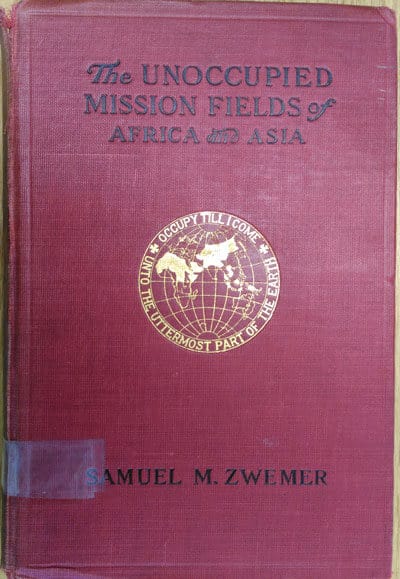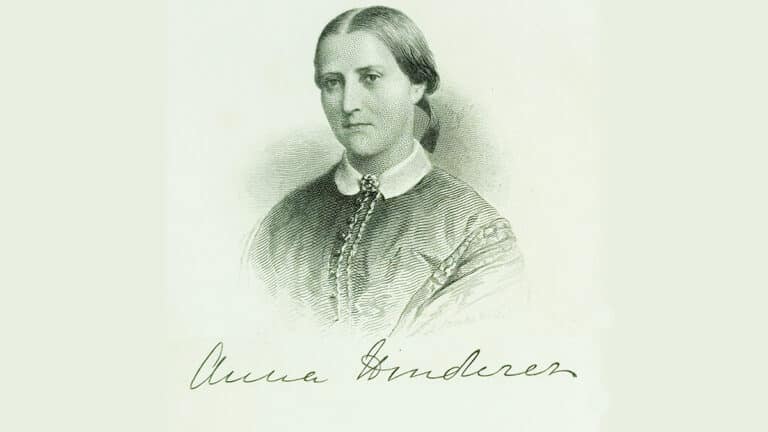Unoccupied Mission Fields by Samuel Zwemer on-line
Samuel Marinus Zwemer (April 12, 1867 – April 2, 1952) is sometimes called “The Apostle to Islam”. As several people have asked me to upload missions books dealing with Islamic countries, so I thought that one of Zwemer’s works would be an appropriate starting point.
Samuel M. Zwemer, The Unoccupied Mission Fields of Africa and Asia. New York: Student Volunteer Movement, 1911. Hbk. pp.260. Click to download in PDF.
This book is in the Public Domain.
Contents
1 – The Heart of Two Continents
2 – Smaller Areas and Unreached Millions
3 – Why Still Unoccupied
4 – Social Conditions
5 – Religious Conditions
6 – Strategic Importance
7 – The Pioneer and is Task
8 – The Glory of the Impossible
Preface
The purpose of this book is to give a survey of the extent and condition of the wholly unoccupied mission fields in Africa and Asia including Malaysia, from the standpoint of Protestant missions, and to consider the questions that bear on their occupation.
The continent of South America has not been included for two reasons: the missionary problem there is so largely bound up with the condition of the Roman Catholic Church and has therefore such special character that it requires specific treatment; and the continent as a whole with its unoccupied sections and large neglected non-Christian population has already received attention in mission study text-books. To include South America would, moreover, have been impracticable if the compass of one volume for use in study classes.
The unoccupied fields of the world are a new subject for consideration and the data for an altogether accurate and all-embracing survey are not yet complete. The entire world-area has not yet been wholly covered·by the tracks of the explorer, much less by the triangulations of the surveyor or the tours of missionaries; nor has any kind of census· been taken in many of the great unoccupied fields of the world. As· long, therefore, as geography and ethnography can only give estimates and probabilities, a. missionary survey. also can only deal with approximate figures. Where statistics are used, they are taken in nearly every case from the “Statesman’s Year-Book” (1910), or where this failed, conservative estimates were· made from recent books of travel and the letters of correspondents. For the rest, the bibliography gives the sources of information and indicates lines of further study. As far as possible all the references and authorities are recent. The book deals with present conditions. It tells of things as they are to-day. [Continue reading]



